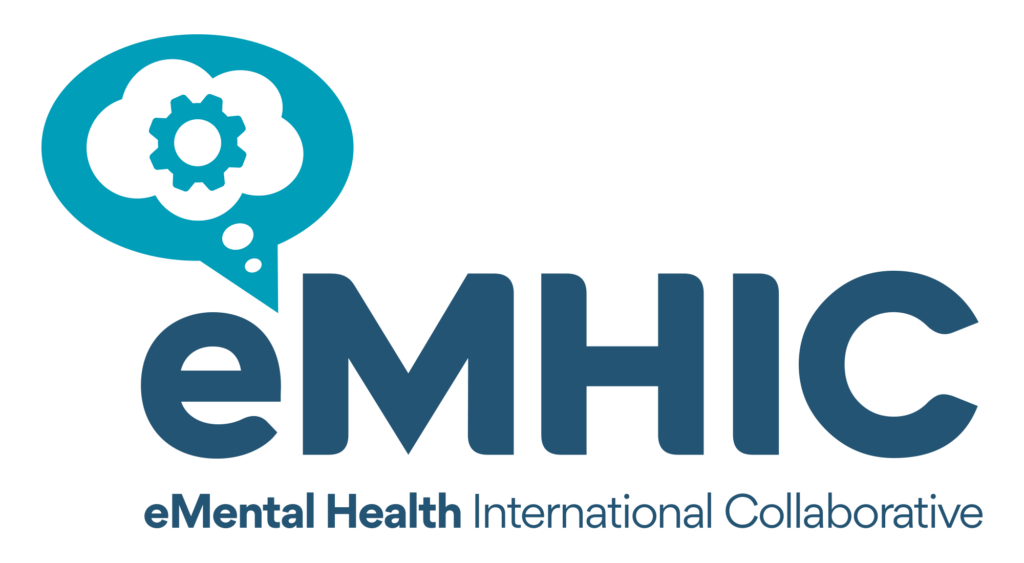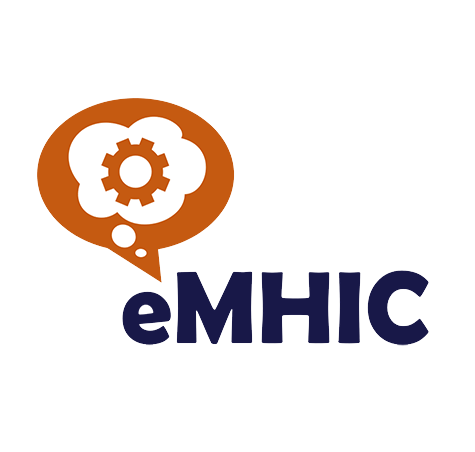Global development of the eMental health ecosystem is starting to accelerate! To help you stay up to date, we’ve collated a list of the Top 5 Recent International eMental Health Strategic Developments:
1. eMHIC Position Statement and Call to Action on the Law and Ethics of eMental Health:
The Position Statement is an important step in defining the eMental Health ecosystem by acknowledging the legal and ethical challenges of the eMental Health domain, and providing structure and future directions to ensure we ‘get it right’ as the implementation of eMental Health continues to grow and develop.
Click here to find out more about the Position Statement.
2. NordDEC Launch:
NordDEC is the world’s first cross-border digital health framework program. The establishment of NordDEC is an exciting step toward generating best practice in eMental Health implementation and aims to create an objective, efficient, and safe digital health ecosystem within the Nordic countries.
Click here to find out more about NordDEC.
3. Australian Commission on Safety and Quality in Health Care Releases ‘National Safety and Quality Digital Mental Health Standards – Guide for Service Providers’:
The standards were developed in response to seeing a clear increase in the use of mental health services over digital channels. The aims of these Standards were to improve the quality of digital mental health service provision and to protect service users and their support people from harm.
Click here to find out more about the National Safety and Quality Digital Mental Health Standards.
4. The Digital Mental Health and Addiction Tool (DMHAT):
An assessment framework for the safe navigation of eMental health in New Zealand. It is intended to help anyone involved in the design, development, and use of e-mental health tools to ensure the products meet acceptable quality standards.
Click here to find out more about DMHAT.
5. ORCHA Report:
ORCHA has commissioned independent research to ask 2,000 UK residents what they think about digital health. The report contains important insights from users and the general public regarding national attitudes and behaviors towards digital health, including mental health. The findings are very encouraging and emphasize the potential of digital tools to support and transform wider mental health services.




